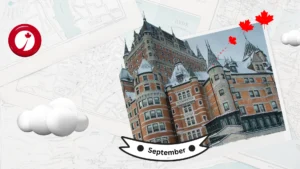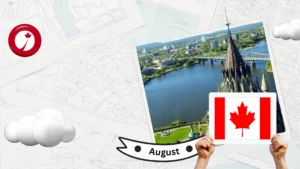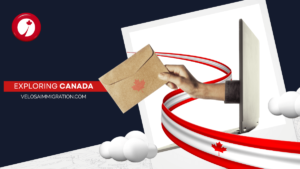As previously featured on our Velosa Immigration blog, one of the simplest and most exciting ways to come to Canada is through the International Experience Canada (IEC) program or what is more commonly known as a Working Holiday.
In fact, in Canada there are three types of visas that can be obtained under the International Experience Canada program:
- Working Holiday
- Young Professional
- International Co-Op
Today we will not explore the requirements of each of them, since we have talked about them in depth in this page. However, something that we will discuss here are the characteristics of each program and the opportunities they offer, both as temporary residence and also as the potential way to transition to permanent residence.
Working Holiday
The Working Holiday visa is known worldwide for its benefits: it offers an open work permit of 12 or 24 months, depending on the applicant’s nationality. Being an open permit, the person can work for any employer in any part of Canada, and even more, they can have several jobs simultaneously and change employers when they wish and as many times as they want to.
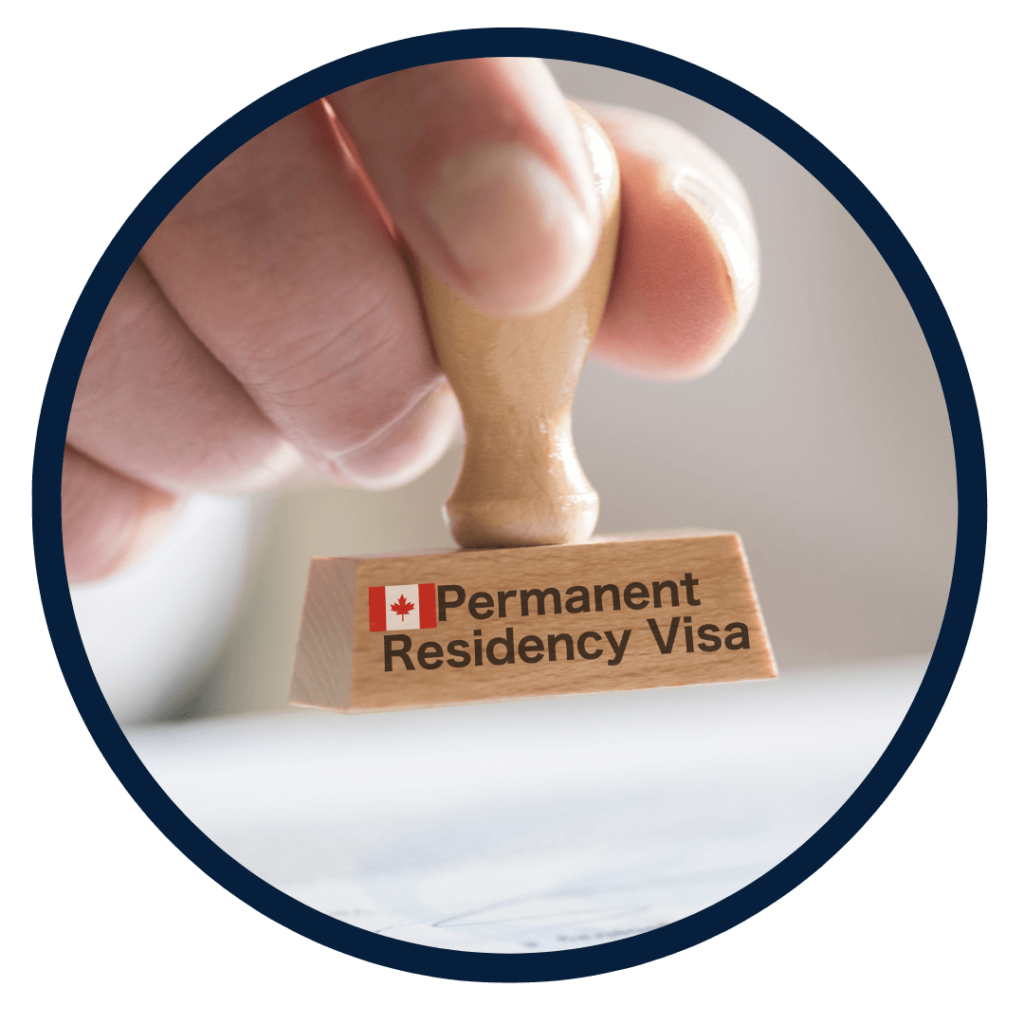
It is not difficult to think that with all these benefits, it is the visa with the highest demand of the entire program. And the more demand, unfortunately, the greater the limitations. With the exception of a couple of countries, most of the nationalities for which the Working Holiday is available have an annual quota. That is why it is important that the application is done as early as possible when the season starts.
With so much flexibility, the Working Holiday visa is an ideal way to take advantage of accumulating experience that later serves as a transition to permanent residence. Under the federal permanent residence program, Express Entry, in the Canadian Experience Class category, one of the most important requirements to be eligible is to have 12 months of skilled work experience in Canada. The Working Holiday visa allows you to do this! At the same time that you are working in the area of your interest and you can travel all over the country, you will be accumulating that experience that will later allow you to try to stay in Canada permanently.
If you want more information about the working holiday, we invite you to participate in our free workshop that will take place on January 31, 2023, where you will learn how you can travel and work in Canada. Our regulated Immigration Consultant Hernán del Vecchio R710005 will advise you on the “working holiday”. You’ll learn what this program entails, the eligibility criteria you must meet, how to apply, and how we can help you. You can register on the blue button, remember that places are limited.
Young Professional
The Young Professional visa does not have all the flexibility of the Working Holiday, but it is an excellent option for those looking to work in a specific area and have the support of an employer to help them.
The work permit issued by the Young Professional is a “closed” permit, or what is to say, it only allows work for one employer and one specific position, as long as it is skilled. However, one should not be discouraged by this apparent restriction.
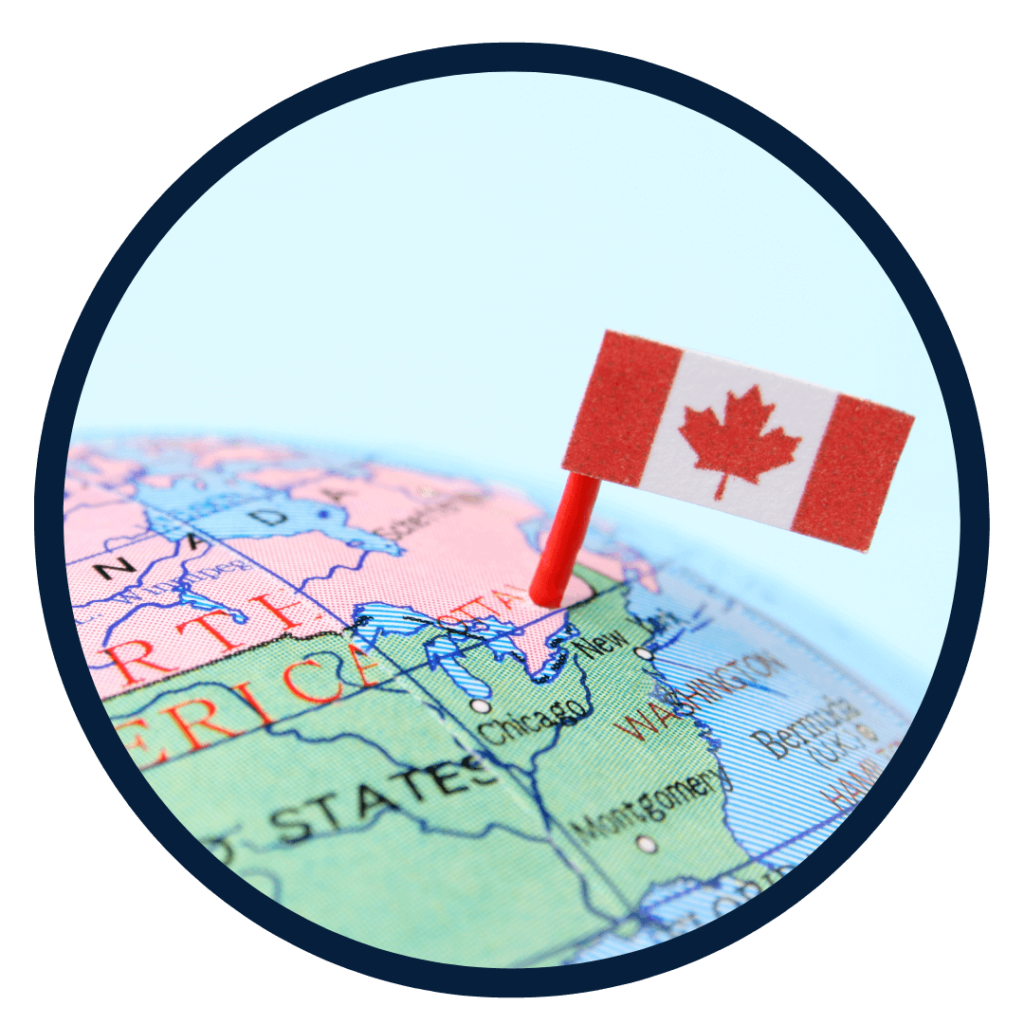
Having a specific position in a specific industry can be very advantageous in transitioning to permanent residence. Clearly, the path of Express Entry can be explored. But even if all the eligibility requirements for Express Entry are not met, Provincial Nominee Programs (PNPs) can also be evaluated. There are more than 70 different programs in all provinces, and some territories. So, there will be no shortage of options that fit your situation! If you have doubts about which is the best for you, do not hesitate to book a consultation with us to be able to answer all your questions.
Internacional CO-OP
The last option of the program is aimed at students. The International Co-Op Visa is for those applicants who are pursuing post-secondary studies in their countries of origin, and who want to come to Canada to do a work experience or internship. The duration of this practice is usually around 12 months.

The advantage of this category is that it allows you to not only gain work experience abroad, which is extremely important for professional development in any field of work, but you are also gaining Canadian work experience at the same time. In other words, while you are gaining the training to complete your course of study, you are also accumulating work experience that can then be used in Canada to transition to permanent residence, either through Express Entry or a provincial program.
As well, if the participant is from a country that allows participation in IEC twice and in different categories (for example Italy, Spain, Chile), after the International Co-Op, they could obtain another permit such as a Working Holiday o Young Professional to be able to continue residing in Canada until the transition to permanent residence is achieved.
Conclusión
You see that no matter which category you choose, if you make good use of your time and job opportunities in Canada, the chances to explore, travel and enjoy the country can go from temporary to permanent.
If you are between the ages of 18 and 35, and want to explore one of the most beautiful countries in the world, while earning and saving money, and the possibility of finding a way to stay permanently, IEC is the program for you! The Canadian dream has never been closer!





